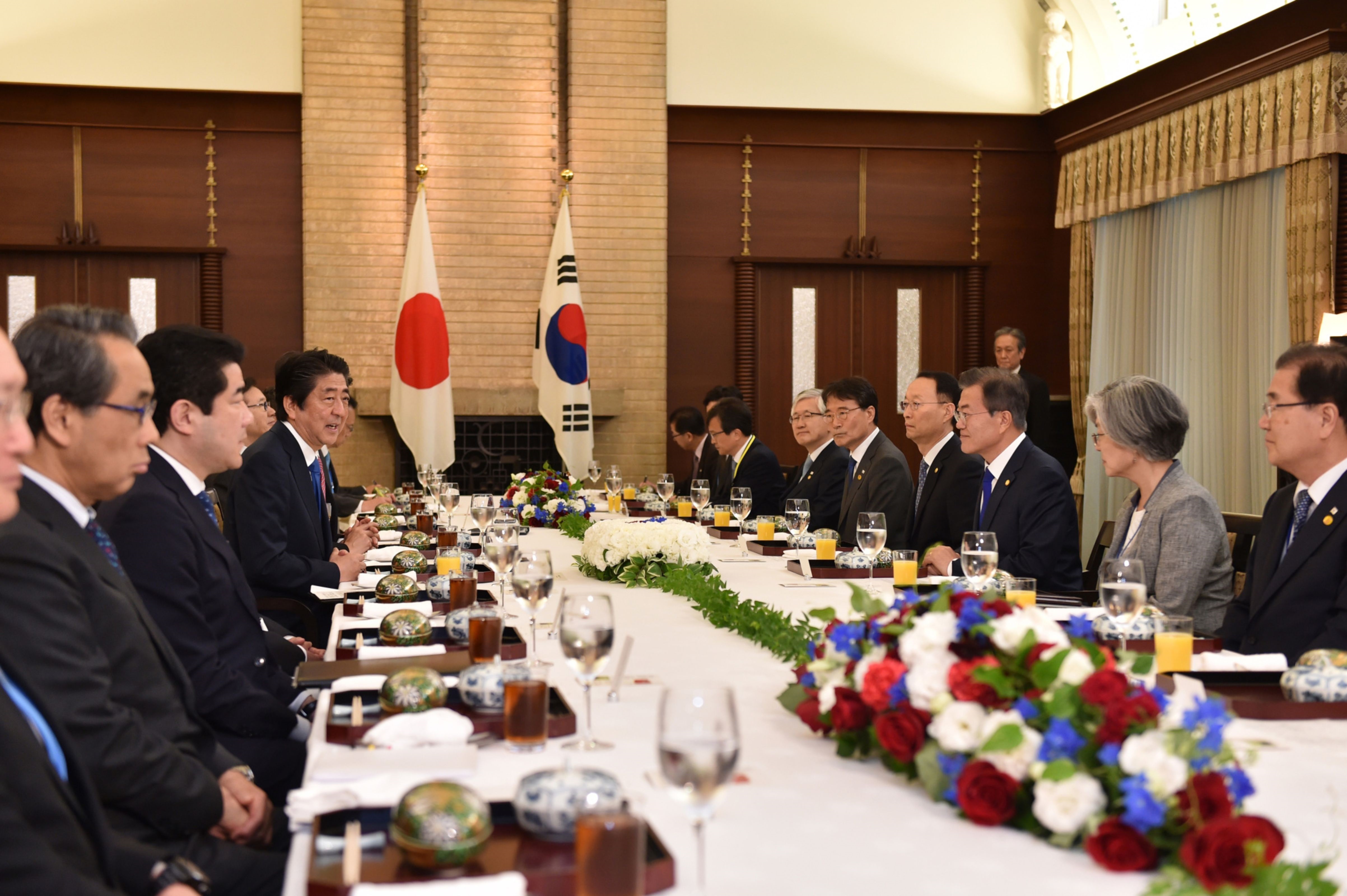Almost a year has passed since the South Korean Supreme Court handed down a ruling ordering Japanese firms to pay damages to wartime forced laborers, setting in motion a series of tit-for-tat measures and widening the rift between Tokyo and Seoul.
The issue has snowballed into a trade dispute and even affected security ties, with South Korea exiting the General Security of Military Information Agreement (GSOMIA).
And while the leaders of both nations have adopted hard lines and have so far failed to find a way forward, politicians in both countries — especially parliamentary unions made up of lawmakers who focus on specific issues — are quietly attempting to pave the way toward reconciliation.



















With your current subscription plan you can comment on stories. However, before writing your first comment, please create a display name in the Profile section of your subscriber account page.